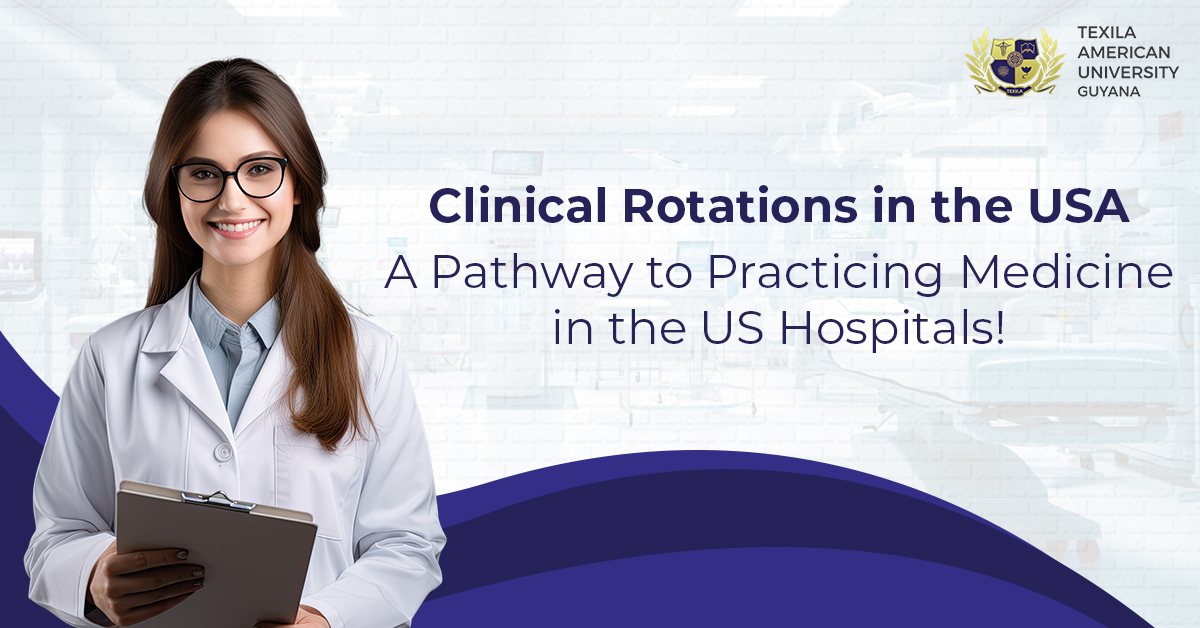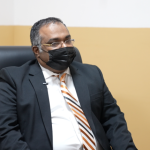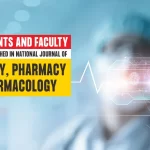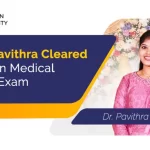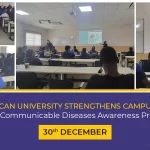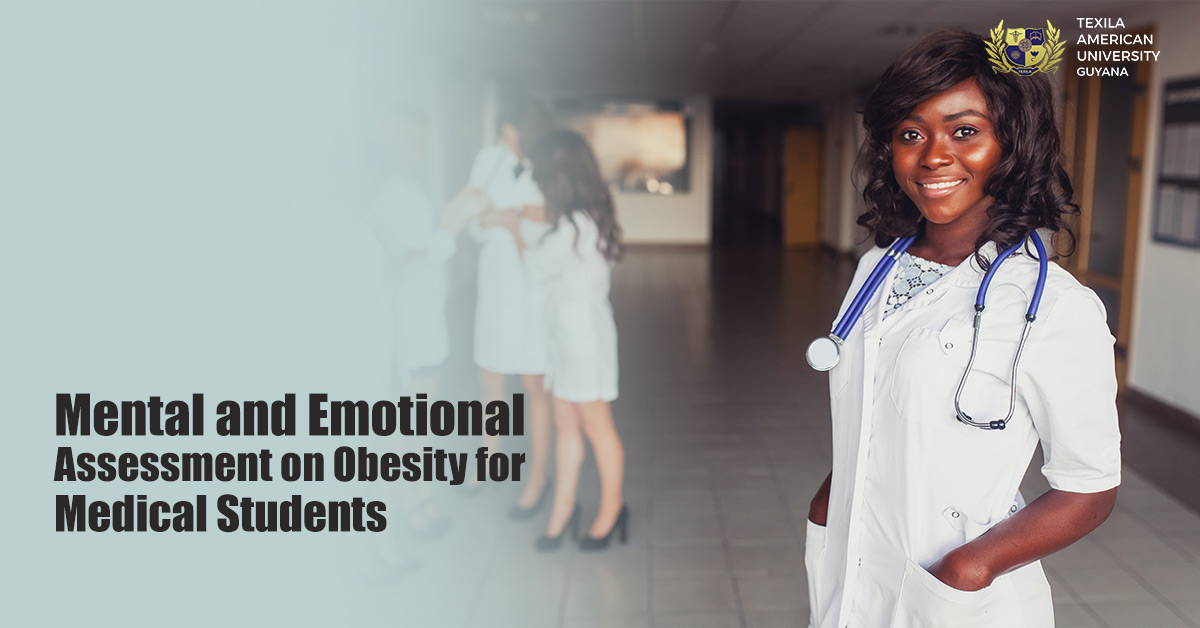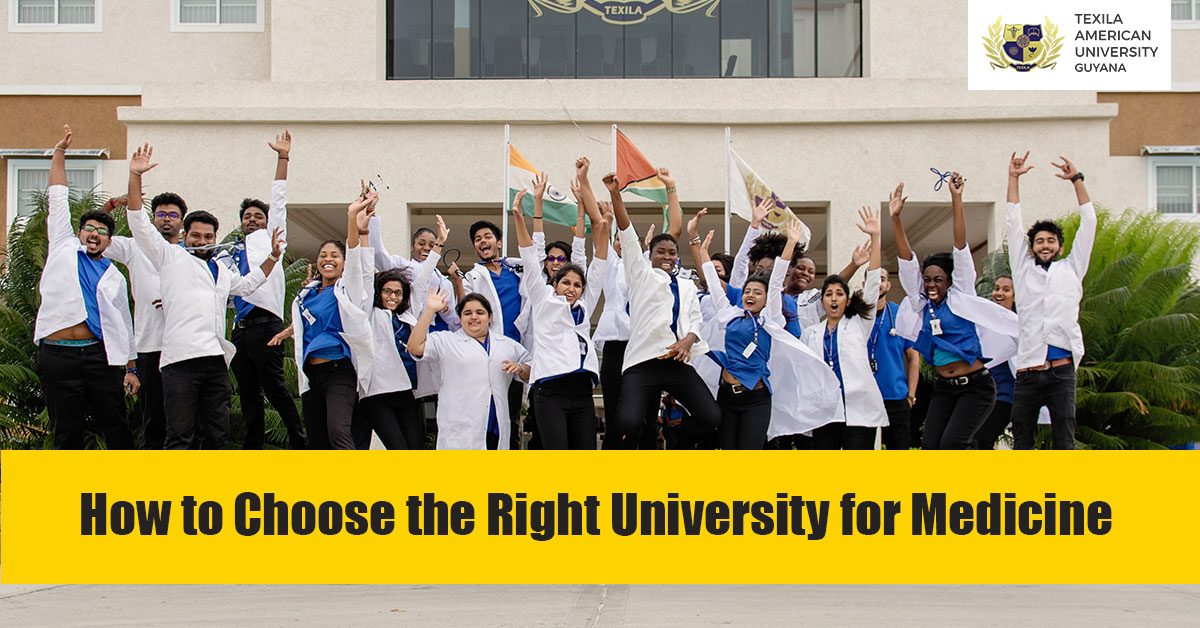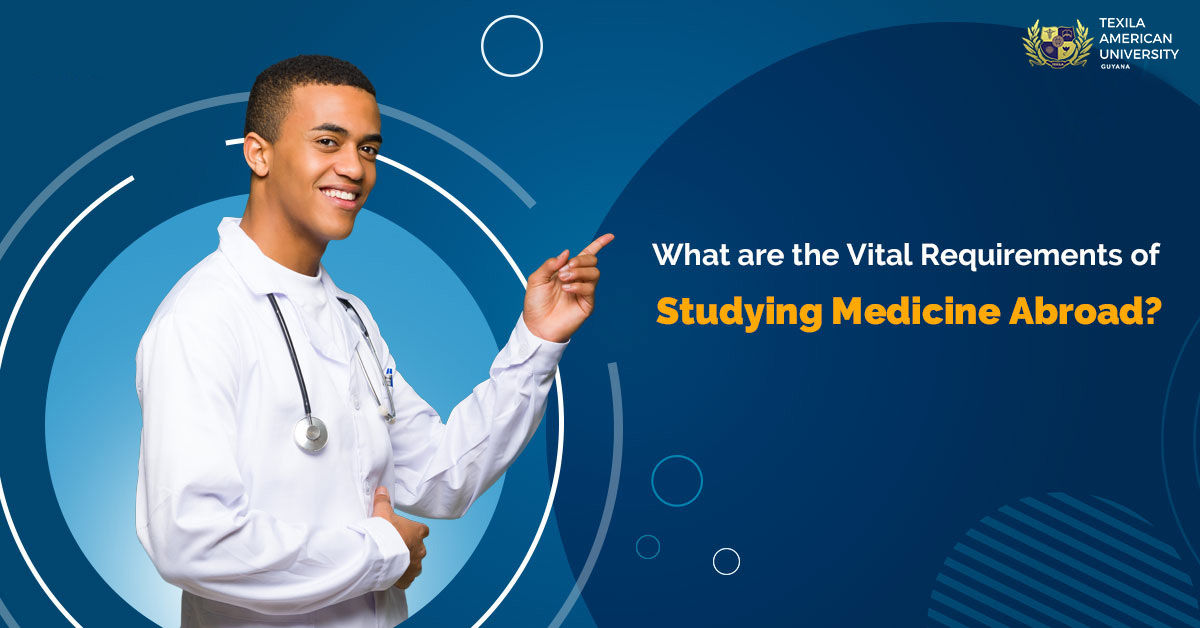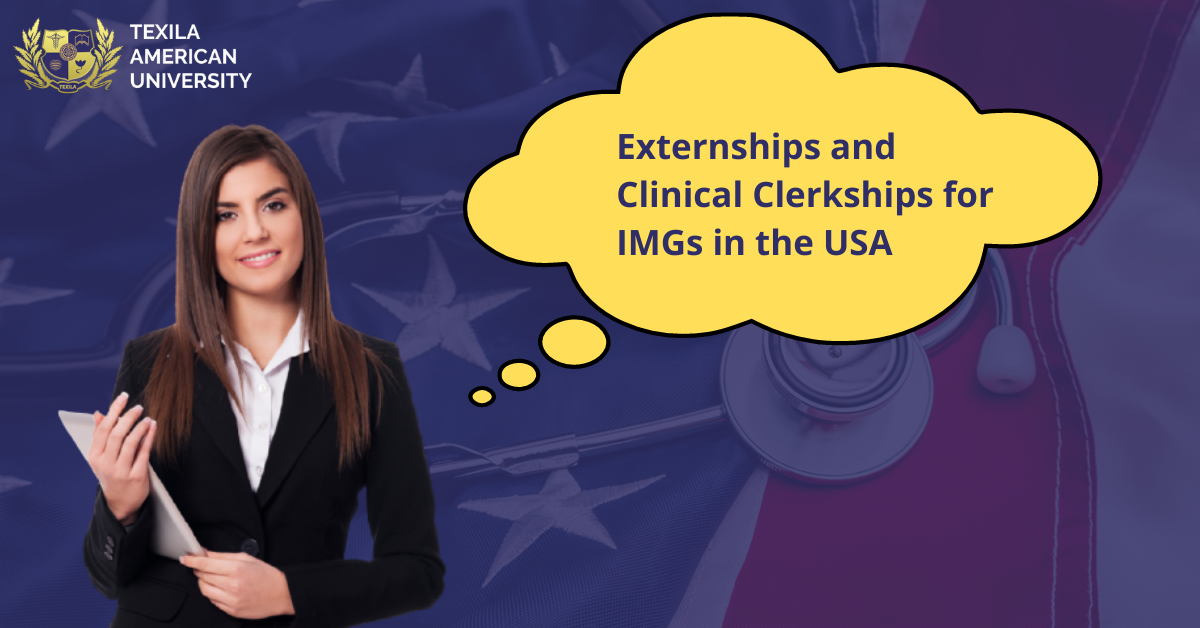Blog Summary
Clinical rotations in the USA are crucial for practicing medicine there. Many hospitals require them as part of the licensing exam process. These rotations during medical school help students become familiar with clinical situations and develop practical skills. After graduation, students are expected to possess the necessary knowledge and abilities to practice medicine in US hospitals. International students benefit from these rotations by deeply understanding the US healthcare system and building professional networks. If you aspire to work in the US healthcare system, clinical rotations are essential for developing the skills and knowledge required. TAU’s Doctor of Medicine program offers an integrated and interdisciplinary curriculum, preparing graduates for a lifetime of patient care in a changing healthcare landscape.
All medical practitioners can agree on one thing – studying for a medical degree is rigorous and painstaking. But, the completion of four years of study (theoretical and clinical rotations), a residency, and final certification is nothing short of satisfying. While practicing medicine, you get to impact the lives of people every single day positively.
Unlike some academic disciplines, a huge part of studying for a medical degree (MD) is gaining hands-on experience, or what is also known as “clinical rotation”. Hospital rotations are critical to your success as a physician because it is the “doing” part of your medical education. Hospital rotations give you a chance to use your knowledge and skills in real-time and in a real clinical environment.
Many medical students aspire to study medicine in North American countries, especially the United States of America (USA). If this sounds like you, keep reading to find out how you can set up your medical career in the USA by pursuing an MD at Texila American University (TAU).
Journey Toward an MD: Preclinical Study & Clinical Rotations
Your medical venture begins after completing an undergraduate degree in premedical sciences or another related field. Once you’ve gained acceptance to an accredited medical school, your studies will occur in two components – preclinical and clinical. The preclinical phase consists of lectures, seminars, conferences, and a great deal of medical literature. During this phase, which occurs during your first two years of medical school, you will analyze and retain a vast amount of medical knowledge.
The last two years of medical school, the clinical rotation phase, is essential to your success as a doctor. Clinical rotations refer to the practical aspect of medical school that requires students to “shadow” physicians and residents at teaching hospitals. Clinical rotations are a critical component of medical school because they are meant to familiarize students with the clinical environment. Clinical rotations present the opportunity for students to understand the science of medicine in a practical way.
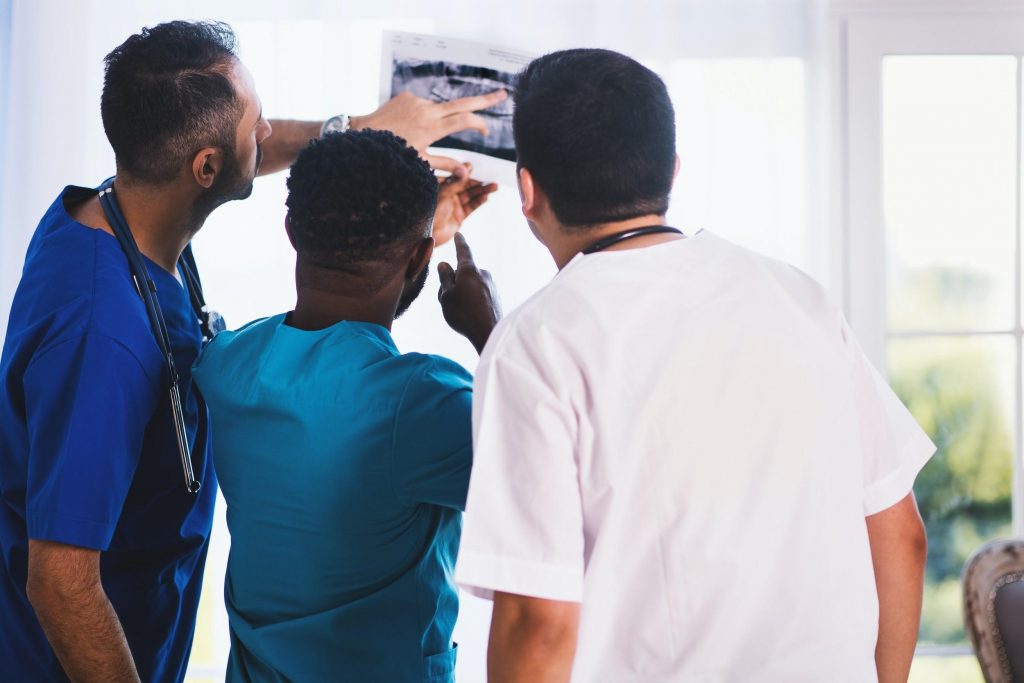
Practicing Medicine in the USA as an International Medical Student
As a medical student aspiring to practice in the USA, it is critical to ensure that your medical school can support your goals. The USA has a global reputation for high medical standards. Foreign medical graduates may be required to take additional courses and undergo a new round of clinical rotations. Additionally, medical graduates must be certified by the Educational Commission for Foreign-Trained Medical Graduates (ECFMG) in order to practice medicine in the USA.
The US healthcare system demands foreign medical graduates have undergone the same rigorous training and testing as US-educated doctors. Therefore, it is in your best interest to ensure that your medical education meets US standards.
Here’s a simple breakdown of the process of becoming licensed to practice medicine in the US:
- Pass the ECFMG’s USMLE Step 1 and Step 2 CK (Clinical Knowledge) examinations
- Enroll in a residency program
- Pass the ECFMG’s final licensing test – USMLE Step 2 CS (Clinical Skills)
- Apply for a medical license in the state where you intend to practice
Keep in mind that foreign doctors who wish to practice medicine in the USA must be fluent in English. It is also important to note that licensure requirements vary by state.
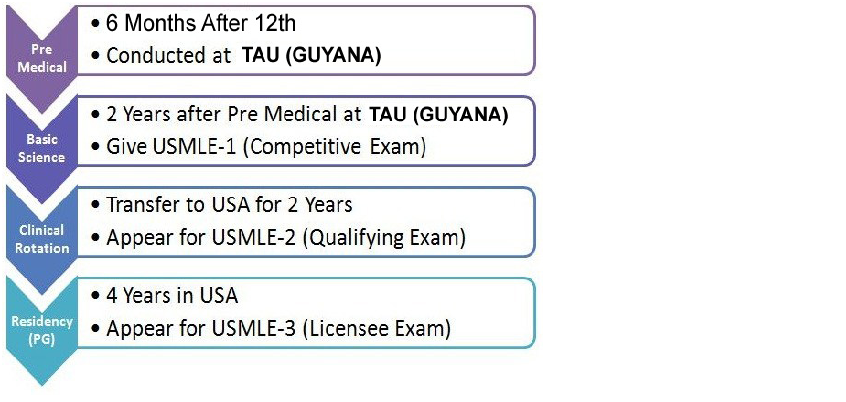
Importance of Clinical Rotations in the USA for Foreign Medical Students
The pursuit of an MD can be demanding, and becoming licensed to practice in the USA is a complex task. The good news is that there are options available that will make your transition to a US-based physician possible.
Some medical schools, such as TAU, offer students the option to have their clinical rotations in the USA. This option gives you a major advantage because it enables you to get hands-on experience in the US clinical environment.
Here are a few reasons why completing clinical rotations in the USA is beneficial for foreign medical students:
- Deciding on a Specialty: According to the American Medical Association (AMA), US medical students spend four to eight weeks doing various specialty clinical rotations. Therefore, clinical rotations can help students understand their weaknesses and strengths, and what they want out of a medical career.
- Networking and Residency Opportunities: Completing a residency is mandatory before taking the final US licensing test that certifies you as a doctor. Hospital rotations in the USA can be a gateway to building a network for residency and career opportunities. Your senior colleagues may one day provide you with your letters of recommendation.
- Avoid Culture Shock: Your ability to adapt quickly to a new culture will make your transition to become a practicing physician in the USA quite easy. Beginning clinical rotations in US hospitals gives you a chance to get accustomed to American culture and the American clinical environment.
Upon completing hospital rotations, students apply for their learning while practicing medicine in real-time. Hospital rotations create the foundation for a seamless transition from medical aspirant to practicing physician.
TAU’s Doctor of Medicine Program – US Track
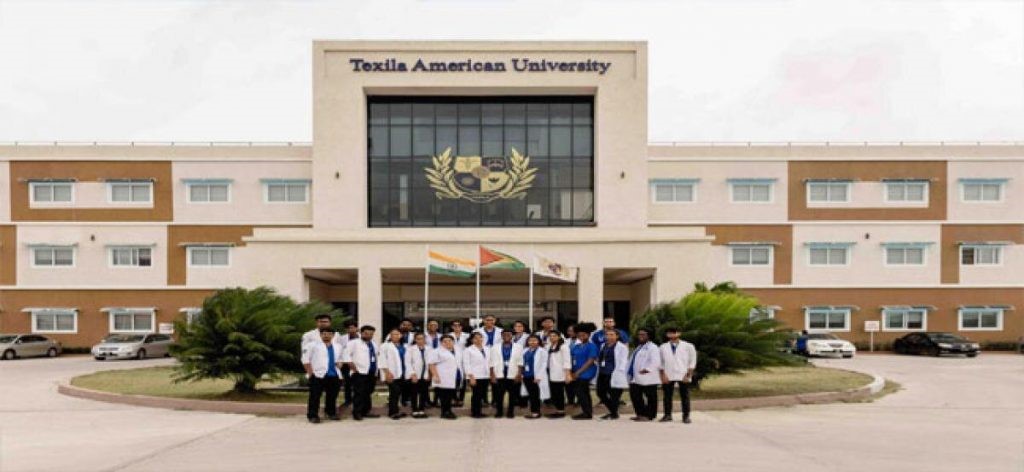
The US medical licensing process is challenging for many foreign medical students. This is why TAU’s Doctor of Medicine program functions as a pathway to overcoming those challenges.
TAU is an international medical school that takes pride in its ability to provide an inclusive and thorough learning experience. TAU has paved the way for students from over 40 countries to achieve their dreams of becoming doctors.TAU has also helped many students accomplish their goal of becoming licensed to practice in the USA.
If you choose the US track while signing up for TAU’s Doctor of Medicine program, here’s what you get:
- A curriculum inclusive of USMLE training at no extra cost – In 2017, TAU partnered with Ponce Health Sciences University (PHSU) for the provision of PHSU’s medical school curriculum to support TAU’s medical program. This means that TAU’s medical students receive the same quality of education as students in US medical schools.
- An option to perform hospital rotations in US hospitals
- Eligibility to register with the Educational Commission for Foreign Medical Graduates (ECFMG) for licensing examinations
- Interactive sessions that meet the needs of individual students
- An opportunity to participate in community-based activities such as community-based research, mobile clinic visits, and community awareness programs
Start Your Journey Toward Practicing Medicine in the USA
US medical licensing requirements can be difficult to navigate. However, current global circumstances reveal that foreign medical practitioners are key assets for healthcare systems, especially in the USA. According to the CATO Institute, nearly 1.7 million foreign medical workers are on the frontlines battling the COVID-19 pandemic in the USA. Further, the Association of American Medical Colleges (AAMC) projects that the USA could face a physician shortage within the next decade.
There has never been a more appropriate time to pursue a medical degree. At TAU, we have structured our curriculum to ensure that you receive an education that adheres to US medical standards. From USMLE training to clinical rotations at US-based hospitals, TAU is ready to support you in achieving your goal of becoming a US-based physician.

